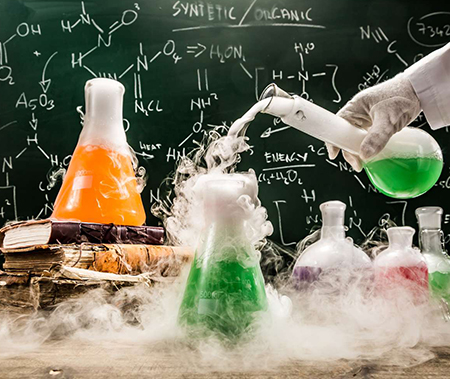Shopping cart
Recent Posts
Newsletter
Sign up to receive updates and news about us.
- info@newlifechem.com
- Work Time: Mon - Fri 09AM - 6PM
Sign up to receive updates and news about us.

Lining the inside ring of the metal cap used on your glass-clad food preserves is a magical substance called plastisol. Plastisol lined caps carried by plasticized PVC resin sprayed around the inner perimeter. Plasticizing during the manufacturing process causes the PVC to become more flexible and malleable to create the commonly seen hermetic seal. The plastisol liner begins as a solid liner within the caps. As it is heated, the liner becomes softened and pliable. While the liner cools, it solidifies and begins to create an airtight, tamper evident seal that is durable and can extend product shelf life when applied correctly. When preserving foods for future consumption, there’s an understandable degree of trepidation when it comes to getting the right packaging.
Can Sealing Compound is a water based compound especially formulated for use in the double seams of sanitary cans. Sealing compounds are typically made from a mixture of materials such as natural and synthetic rubber, resins, and waxes. These materials are carefully selected for their ability to resist moisture, heat, and chemicals, as well as their flexibility and durability. During the canning process, the sealing compound is applied to the can lid in a precise amount and thickness. The lid is then placed onto the can body and the two are mechanically crimped together, compressing the sealing compound to create a tight seal.
In addition to providing a barrier against bacteria and other contaminants, sealing compounds also help to prevent leaks and spills. They can be formulated to meet specific requirements such as high-temperature resistance, low-temperature flexibility, or compatibility with certain types of food and beverage products. Overall, sealing compounds are a crucial component in the production of sanitary cans, helping to ensure the safety and quality of the food and beverage products we consume.
Can Sealing Compound has been found suitable for the following packs : beer, carbonated drink, energy drink, coffee, tea, vegetables, fruit, pineapple, meat, fish, soup, milk, coffee, tea, fruit juices, etc.